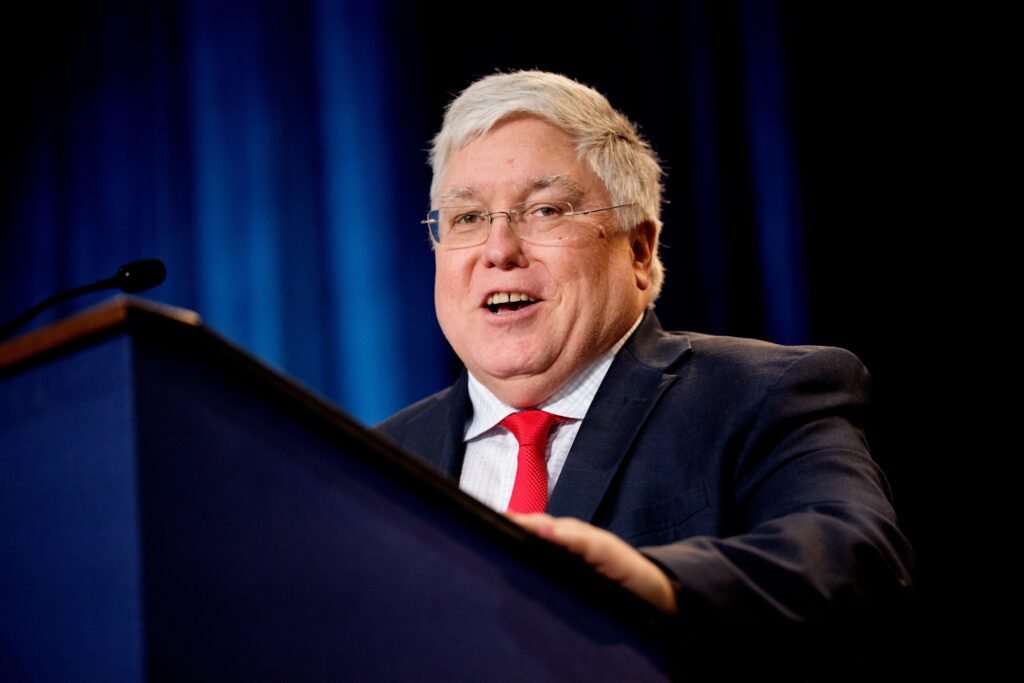As Congress moves forward with historic Medicaid cuts totaling over $1 trillion over the next 10 years through President Donald Trump’s tax and spending legislation, Republican governors are notably silent on the impact these cuts will have on healthcare in their states. This is in stark contrast to their opposition in 2017 when similar cuts were proposed.
Medicaid, a program that provides health coverage to more than 70 million low-income or disabled individuals, has been a target for Republicans who believe the program has grown too large under the previous administration. The proposed cuts would primarily affect states that expanded Medicaid under the Affordable Care Act, many of which are led by Republican governors.
While Democratic governors have been vocal in their opposition to the proposed cuts, Republican governors have largely refrained from commenting on the legislation’s impact on healthcare. Some have expressed support for work requirements for Medicaid enrollees, viewing it as a necessary reform to prevent long-term dependency on government assistance.
One of the major changes in the political landscape since 2017 is the absence of moderate Republican governors who previously opposed Medicaid cuts. Additionally, some states that expanded Medicaid did so through ballot initiatives, circumventing opposition from their governors.
Despite the silence from Republican governors, the proposed legislation includes significant cuts to provider taxes, which could result in billions of dollars in funding cuts to states and healthcare providers. This aspect of the bill has drawn criticism from some Republicans who view provider taxes as a form of “money laundering.”
Overall, the lack of opposition from Republican governors to the Medicaid cuts in Trump’s legislation highlights the complex political dynamics at play. Some governors may be expressing concerns privately to their state’s senators but are hesitant to speak out publicly for fear of backlash from the president.
Ultimately, the proposed Medicaid cuts in Trump’s legislation remain a contentious issue, with Republican governors walking a political tightrope as they navigate the implications for their states and constituents.
KFF Health News correspondent Arielle Zionts contributed to this report.


